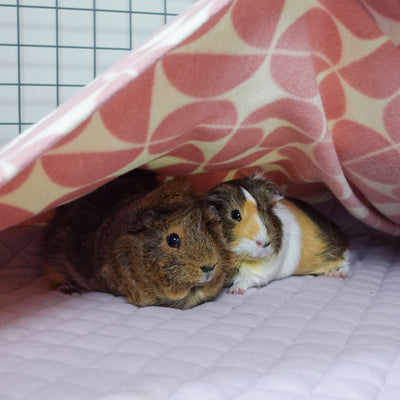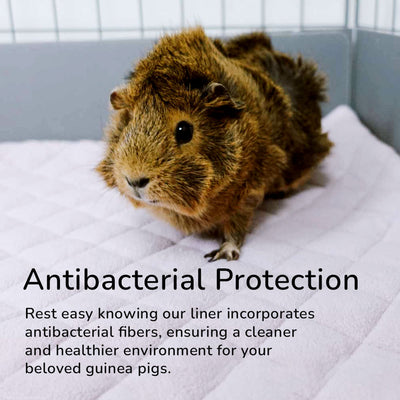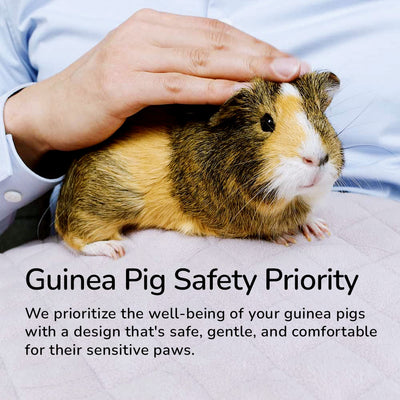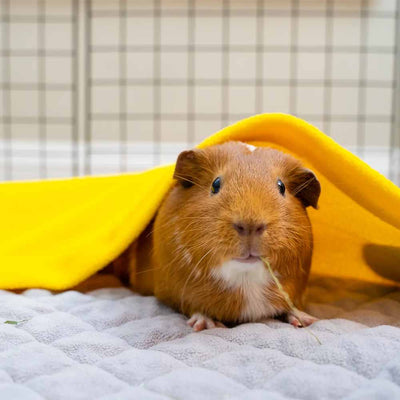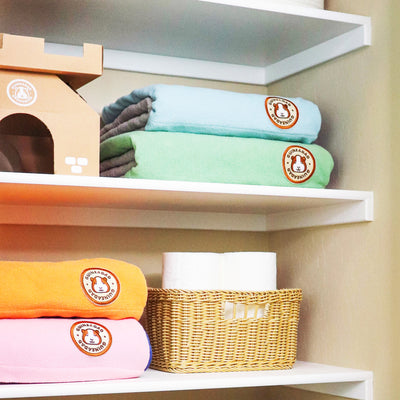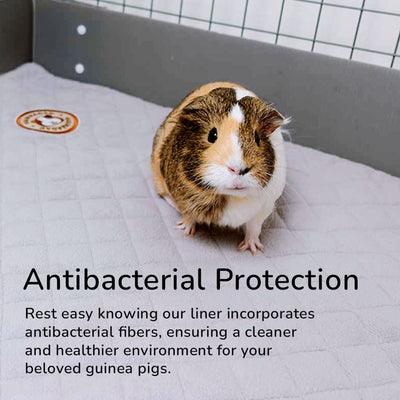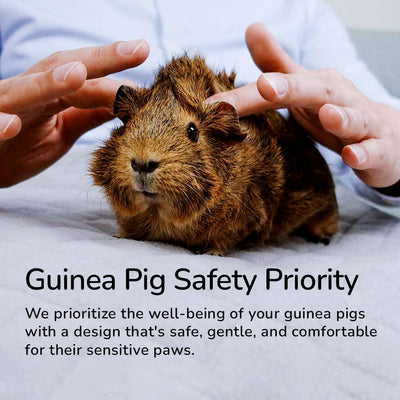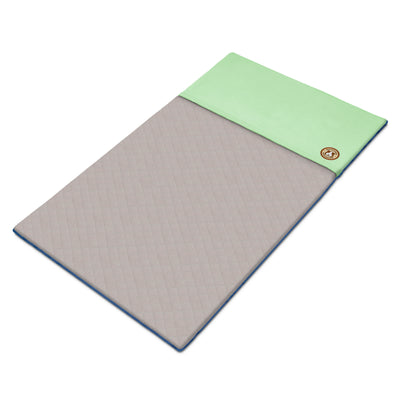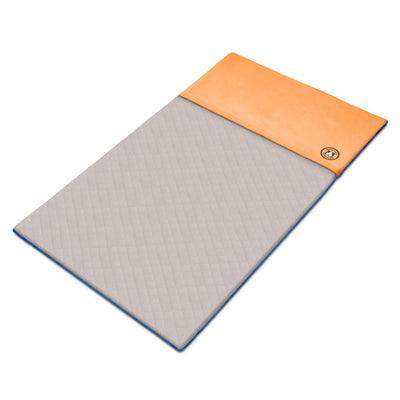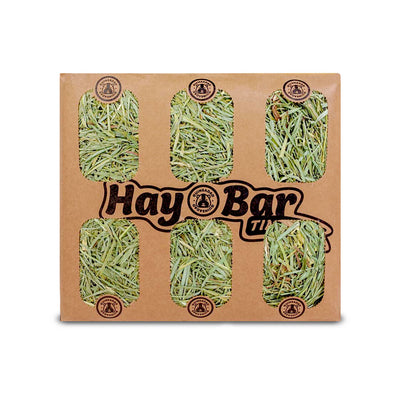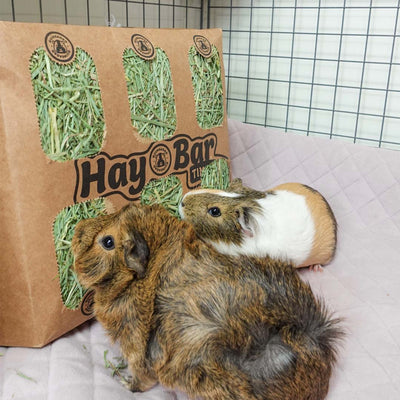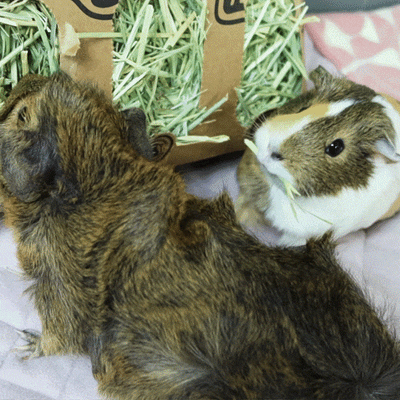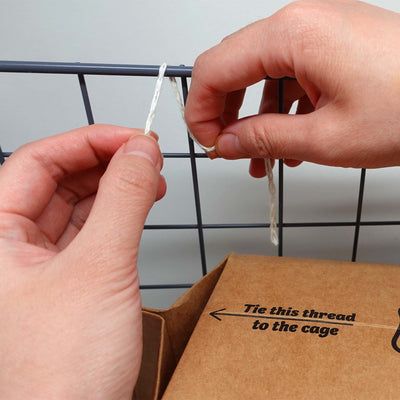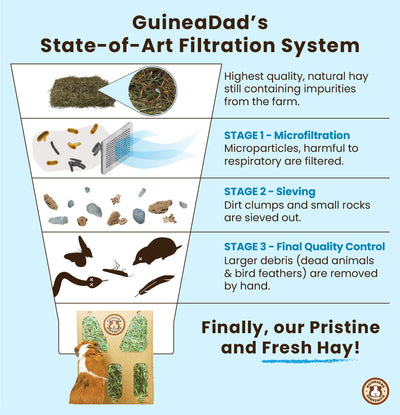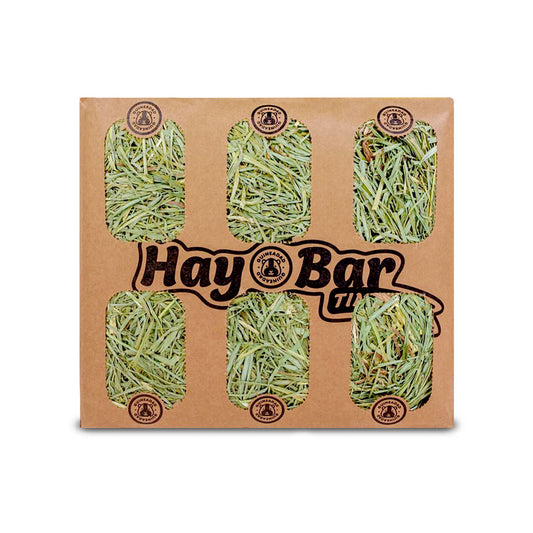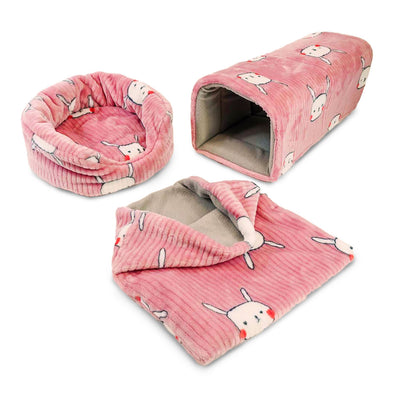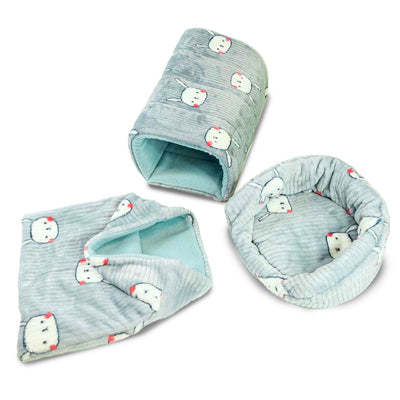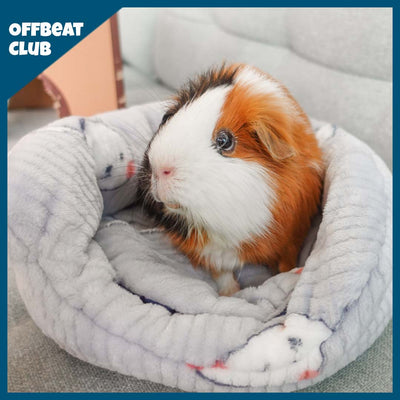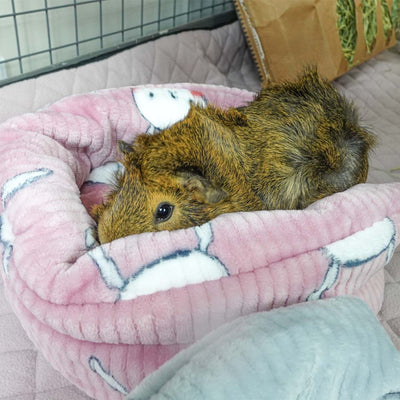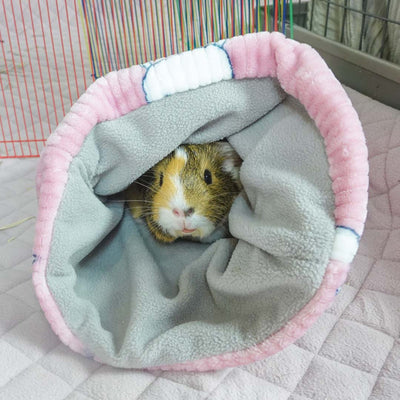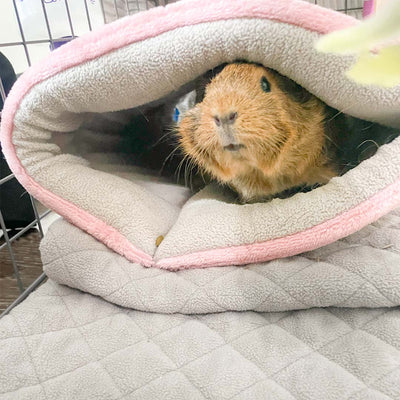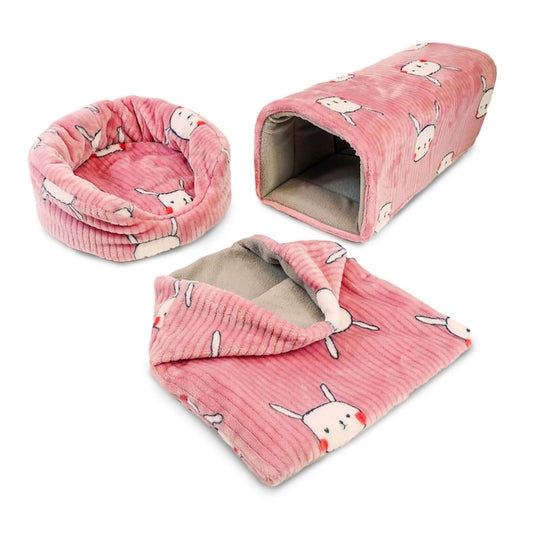Watch this short video for a summary!
Domesticated guinea pigs have an average lifespan of 5-7 years with many living upwards into the double digits! As you can see, when looking to adopt a guinea pig you must be in this invested in a long-term commitment.
Due to harsh weather conditions and a plethora of natural predators, most wild guinea pig species have an average life expectancy of 1-4 years.
To compare, domesticated hamsters (Dwarf) have an average lifespan of 2-3 years, which is common for many rodents their size. Most rat and mouse species have similar, if not slightly shorter life expectancies.

When we ask "How long do guinea pigs live?", the answer really depends largely on the care that they receive. There are many factors affecting a guinea pig’s lifespan, ranging from its diet, health conditions, environmental hazards and stressors, and even the particular guinea pig's breed. Many of the common health conditions that guinea pigs face can be treated, as long as they're treated early, before developing into more serious conditions. Two clear examples of this are in treating bumblefoot or overgrown teeth. Bumblefoot can be easily prevented with the use of our GuineaDad Fleece liner. The strength of the absorption in our fleece liners prevents guinea pigs from staying in moist environments which is a common factor found in bumblefoot cases.
(Bumblefoot is caused by when guinea pigs are housed in abrasive surface or from being on wet or dirty beddings. A simple preventive measure would be to use our GuineaDad fleece liner)
To ensure that guinea pigs have the best chance of living their lives to the fullest, factors to take into consideration are a good diet, a big enough living space, daily exercise, social interactions with you and other guinea pigs, and good hygiene.

Ensuring Our Piggies Live a Happy and Full Life
Some of the basic necessities for a guinea pigs diet is to have an unlimited amount of hay, pellets that are fortified with vitamin C, and fresh vegetables daily. By providing these basic essential foods, guinea pigs are able to prevent the chance of getting contracting scurvy which is derived from the lack of vitamin C and even overgrown molars. Another basic necessity for guinea pig is to provide them with the ample space for them to thrive. Many of the cages found in pet stores don't meet the bare minimum space requirements for guinea pigs. Be prepared to buy a much bigger cage very quickly if you're opting to initially start with a store bought cage. To reiterate, guinea pigs are social creatures that require other guinea pigs within the vicinity, as stated in the humane society, guinea pigs should be kept in pairs and also have a lot of interactions with humans as well. By providing at least these, increases the chance your guinea pigs will live a fuller life.
Did You Know?
The Oldest Guinea Pig lived to 14 years and 10.5 months old was named Snowball. Snowball passed the rainbow bridge in February 1979.














